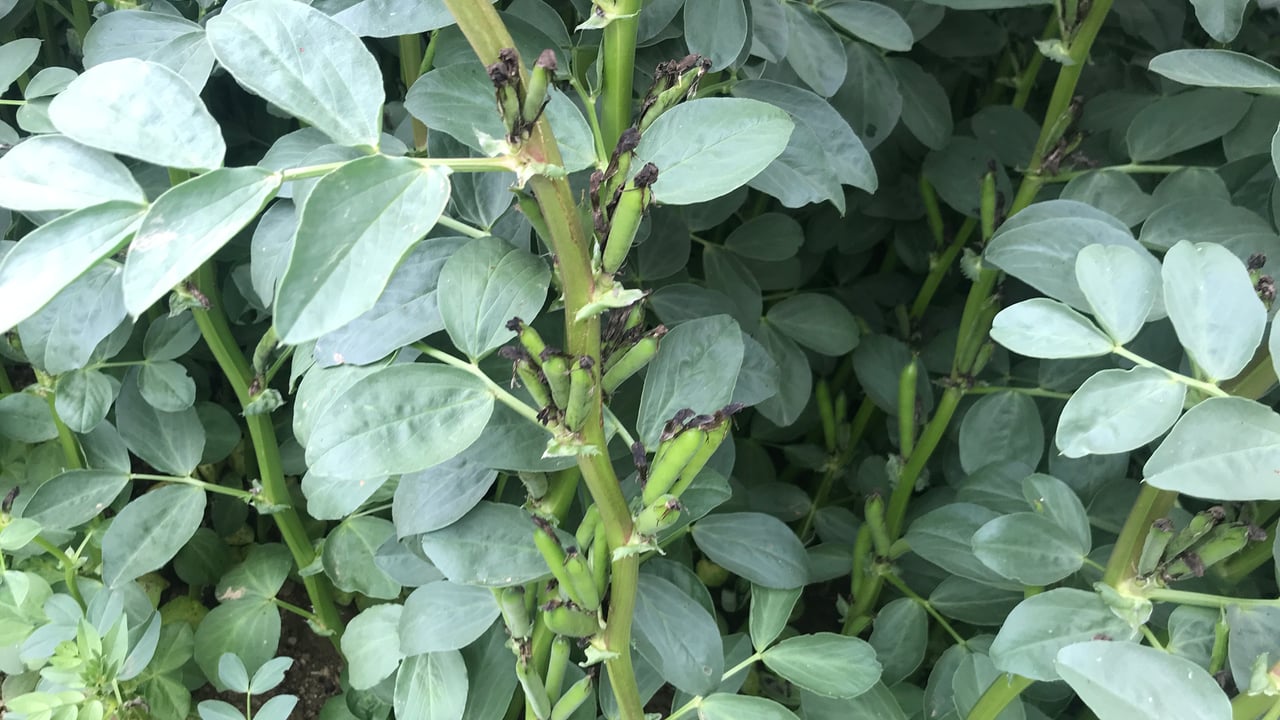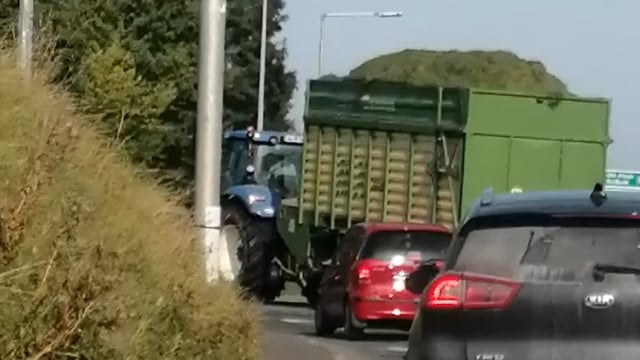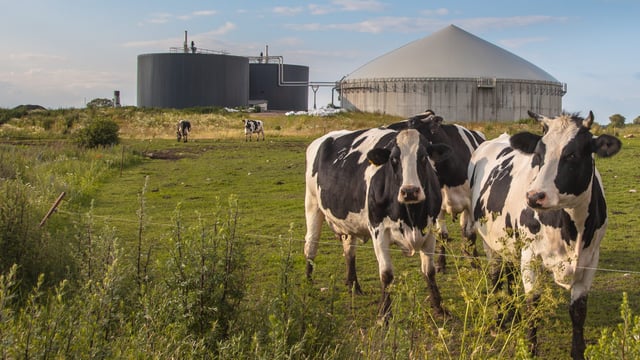Year one of protein crop trial heavily subscribed in Northern Ireland
The College of Agriculture, Food and Rural Enterprise (CAFRE) has confirmed that 80 farmers successfully applied for the first year of Northern Ireland’s Protein Crop Payment Pilot Scheme. The support measure will continue into 2022.
According to CAFRE’s head of dairy, pigs, poultry and crops, Don Morrow, a total of 679.92ha have been accepted for the scheme this year. It provides support at a level of £330/ha, bringing the total payments to farmers up to £224,578.
The eligible crop breakdown for 2021 is as follows: spring beans- 593.17ha; spring peas – 47.233ha; winter beans – 23.17ha; spring sweet lupins – 15.7ha.
Morrow spoke at recent CAFRE webinar. He confirmed that 10 of the 80 farms submitting successful applications had received an inspection, adding:
The protein scheme has an annual support budget of £330,000, covering up to 1,000ha.
Significantly, Morrow confirmed that the underspend of 2021 will not be added to the budget available next year. Looking ahead, he said:
“The scheme will continue into 2022 with an available budget of £330,000. If more than 1,000ha are determined as eligible, then a linear scale back will be applied.
The webinar also provided CAFRE agronomist Leigh McClean to discuss the pre-harvest management of spring beans and the reasons why farmers might wish to grow this specific crop in the first place.
Where this latter point is concerned, McClean highlighted a number of issues including the role of beans within a crop rotation and their ability to spread risk within a business.
“Being able to get beans harvested successfully is a key question that potential growers must ask themselves. Finding a market for the crop before they establish a crop is also important,” he said.
Where pre-harvest management of beans is concerned, the CAFRE agronomist explained that desiccation should be considered when either of the following three issues come into play: the possibility of a late harvest; a crop is not ripening uniformly; and, if late emerging weeds have become a problem.
“As bean crops mature, leaves fall off the plants. This provides the opportunity for a flush of late summer weeds to develop," he added.
“Crimping and propcorning represent another storage option. Piles of untreated beans should be moved on a daily basis to prevent the over-heating of the crop.
“Ammonia-based products have not been specifically licensed for the storage of beans. However, this matter should be taken up with the specific manufacturers or their representatives,” McClean concluded.





